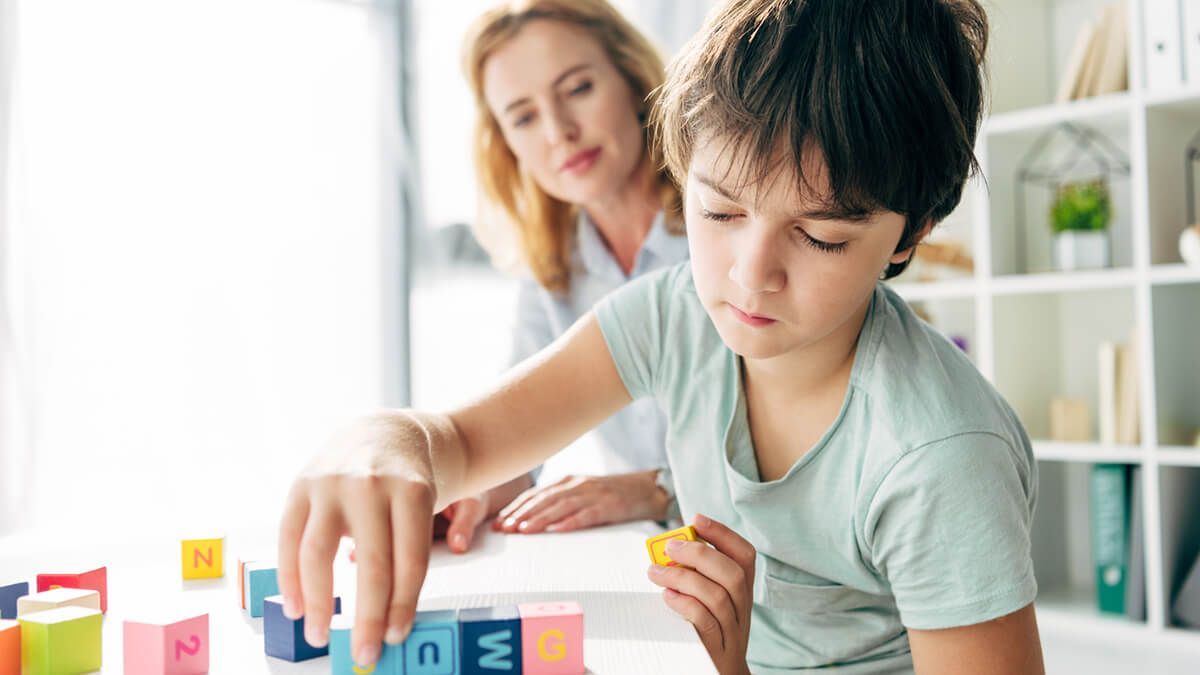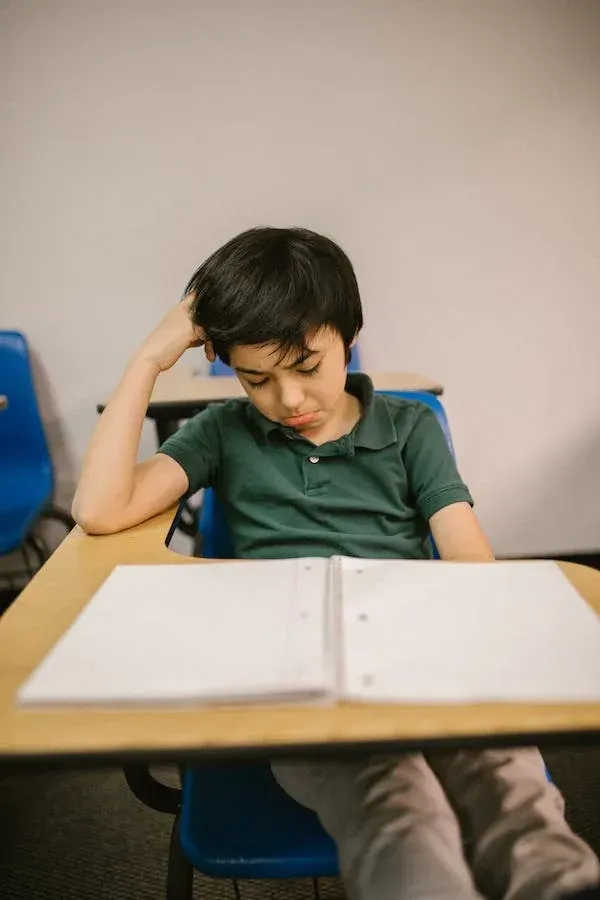Signs and Symptoms
What to Expect ... What to Look for?
Growing up, many children may experience challenges with reading, writing, or performing other learning-related tasks at some point in their lives. However this alone does not indicate a learning disability, children with learning disabilities often display several of the common signs and symptoms which typically do not go away or improve over time. Keep in mind the signs of learning disabilities vary from person to person, so in order to determine whether a learning disorder is present or not you will need to get a diagnosis from a professional. The common signs of a learning disability include:
- Problems with reading and/or writing
- Difficulties with math
- Poor memory
- Problems paying attention
- Trouble following directions
- Clumsiness
- Difficulty with or inability to tell time (read a clock)
- Problems staying organized
Additionally, children with learning disabilities may display one or more of the following symptoms:
- Impulsiveness
- “Acting out” in school/social situations
- Difficulty staying focused; easily distracted
- Difficulty saying words correctly out loud or verbally expressing themselves
- Poor school performance
- Using short or simple phrases for their age group
- Difficulty listening
- Difficulty understanding words or concepts
- Problems dealing with changes in schedule or situation
Getting a diagnosis
In order to receive proper help and treatment for learning disabilities, a proper diagnosis is needed. Learning disorders should not be self-diagnosed and instead should be diagnosed by a professional.
Learning disabilities are typically diagnosed by conducting two specific tests and noticing the discrepancy between the two scores. These two tests are an intelligence quotient (or IQ) test and a standardized achievement (reading, writing, arithmetic) test. A significant discrepancy found between
the two scores often indicates some form of learning disability. When a learning disability is not diagnosed early on in life, correctly, or treated effectively it can lead to a number of other issues, including emotional and behavioral problems. Additionally, learning difficulties can cause problems in the classroom, inhibit academic success, and create self-esteem issues if they are not treated properly.
If you suspect your child may have some form of learning disability, it is important to get a proper diagnosis from a professional in order to understand the type and severity of the disorder, as well as learn the proper techniques to help support your child with their learning disability.



